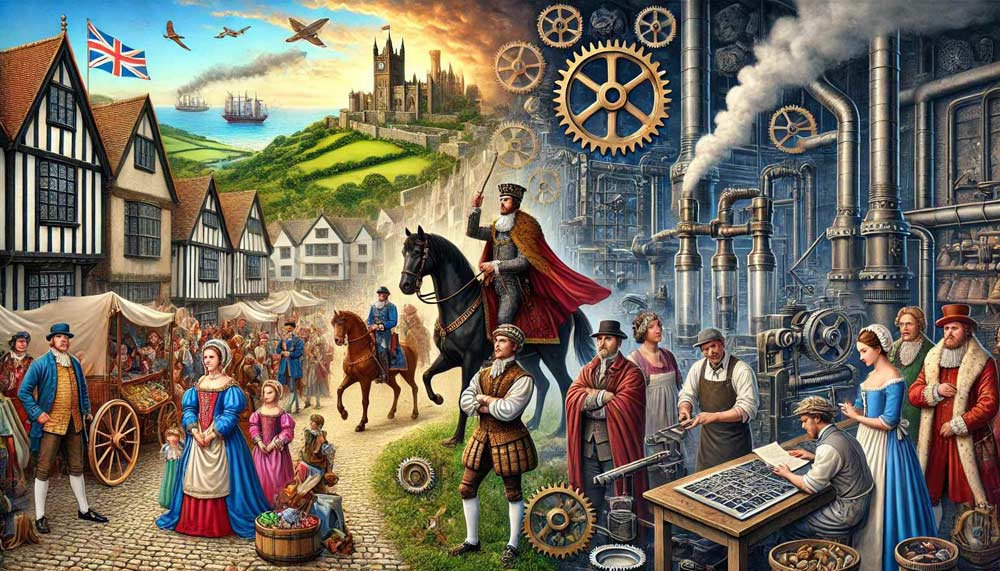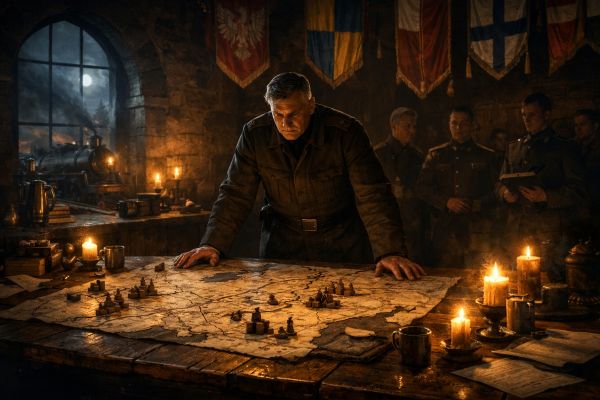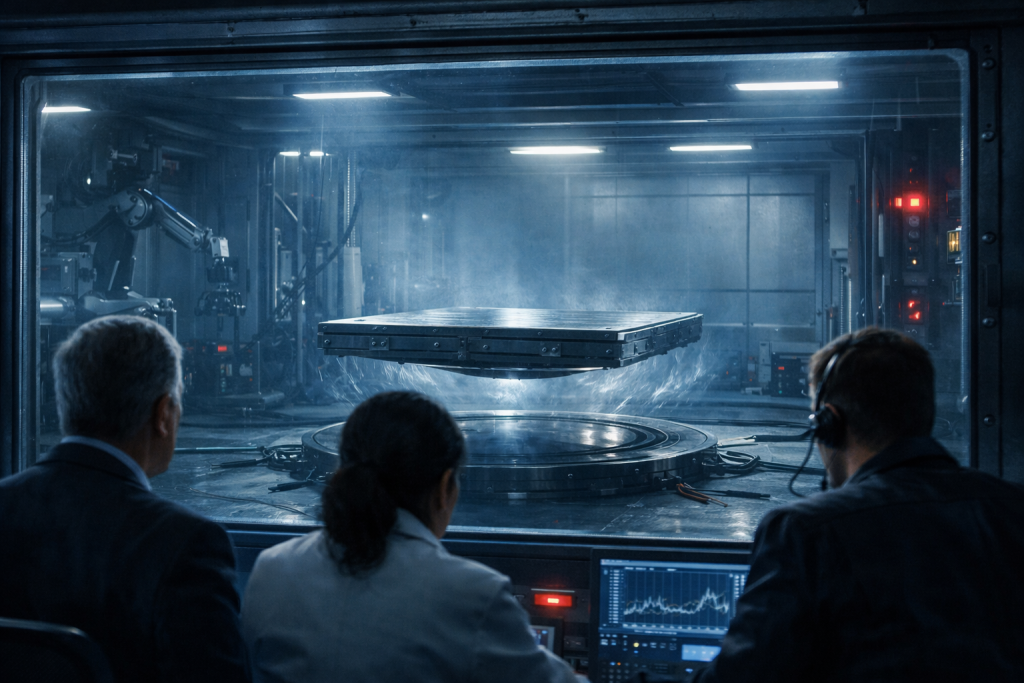The adventure continues in Cast in Time Book 4 “Earl”…
In the shifting sands of time, James, the Count of Cornwall, embodies a leader caught between eras. Balancing family, governance, and innovation while fending off threats both internal and external, his journey showcases the resilience and ingenuity necessary to lead in a world on the brink of transformation.
James’s unrelenting commitment to preserving knowledge stands as a cornerstone of his vision for Cornwall. Dictating engineering references and textbooks during rail journeys may seem mundane, but these efforts ensure the foundation of a brighter future. Carefully avoiding history books—lest their contents raise questions about his secrets—James instead focuses on leaving a legacy that transcends his own lifetime. Every book dictated is a step toward equipping Cornwall with tools that would otherwise remain centuries out of reach.
At home, the demands of leadership clash with the tender realities of fatherhood. James laments missing precious weeks of his children’s lives, a reminder of how fleeting those early years can be. Eleanor, his wife, is both a stabilizing presence and a sharp advisor. Her suggestion to promote Thad and delegate more administrative tasks to trusted hands proves pivotal. By naming Thad Baron Scrivener and Chancellor, James not only lightens his own burden but builds an administrative structure that Cornwall will need as it grows into a nation-state. Eleanor’s quiet foresight and support shine throughout these moments, grounding James when his duties threaten to overwhelm him.
James’s innovative ambitions take center stage with the development of an injection molding machine—a feat of industrial engineering in a medieval world. What begins as an optimistic venture to mass-produce mirror frames quickly turns into a grueling saga of trial and error. Burnt plastic, warped molds, and mechanical failures plague the year-long project, but James’s determination ultimately prevails. The machine’s eventual success represents the first step toward industrialization, with the potential to reshape Cornwall’s economy. The promise of handheld mirrors for the Byzantine market hints at a looming economic boom, underscoring James’s vision of Cornwall as not just self-sufficient but a major player on the world stage.
However, progress does not come without resistance. When a Roman envoy arrives, demanding control of Cornwall, James faces his greatest test of leadership yet. The delegation’s proposal—sending James’s children to Rome as hostages—nearly pushes him to violence. Instead, James opts for a display of Cornwall’s military superiority. His army’s riflemen, cannons, and disciplined troops leave no doubt about the futility of challenging Cornwall’s independence. The Romans retreat, carrying a stern warning and a gift of handheld mirrors—a symbolic message of Cornwall’s strength and innovation.
The clash with Rome underscores a key theme: the transformative power of knowledge and technology. James’s ability to adapt modern innovations to medieval circumstances not only solidifies Cornwall’s independence but positions it as a rising power. His leadership is characterized by an unyielding drive to create systems, empower his people, and secure a legacy for his family and nation.
Through it all, James never loses sight of what matters most. Whether spending time with his children, bantering with Thad, or sharing moments of clarity with Eleanor, he remains deeply human. His journey is a testament to the delicate balance between ambition and connection, between building a legacy and cherishing the present.
As Cornwall marches toward a future shaped by James’s vision, the stakes continue to rise. Will innovation be enough to secure Cornwall’s place in the world, or will the growing threats test the limits of its resilience? One thing is clear: James is a leader unlike any other, forging a new path in a world caught in time.



